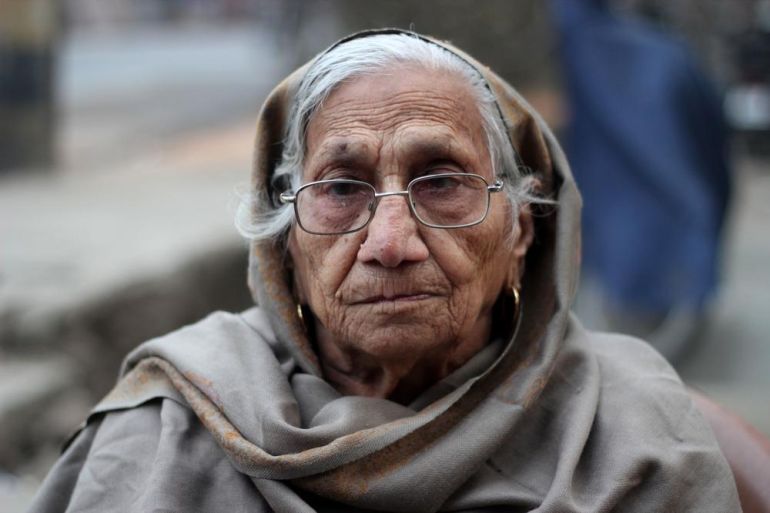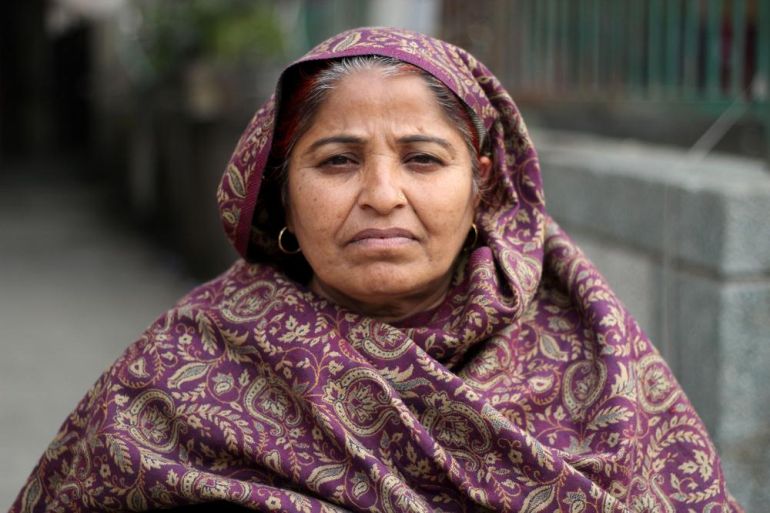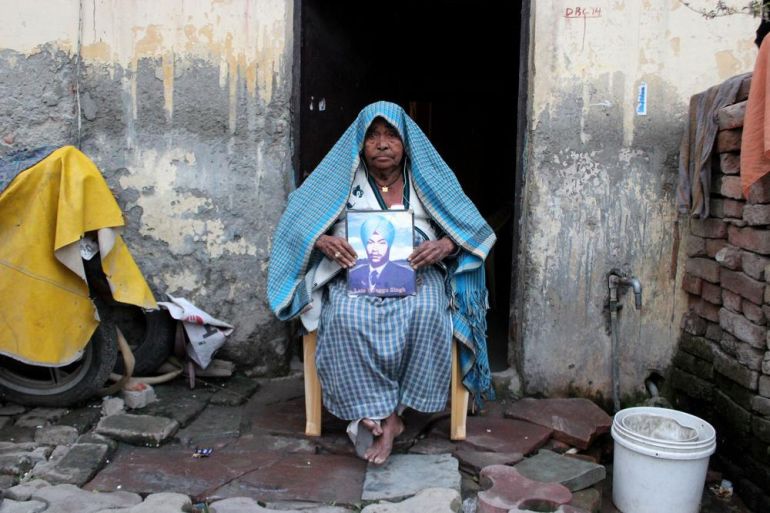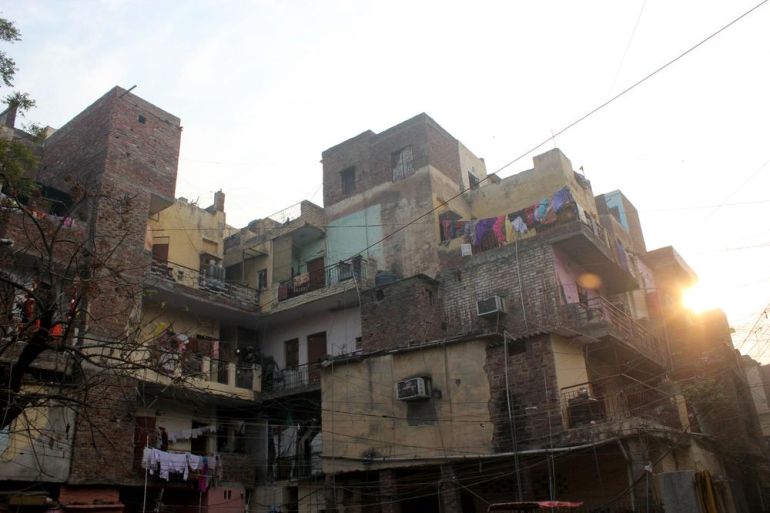In Pictures
In Pictures: Delhi’s ‘Widow Colony’
Residents of neighbourhood in India’s capital are back in focus, as anti-Sikh riots of 1984 become political fodder.
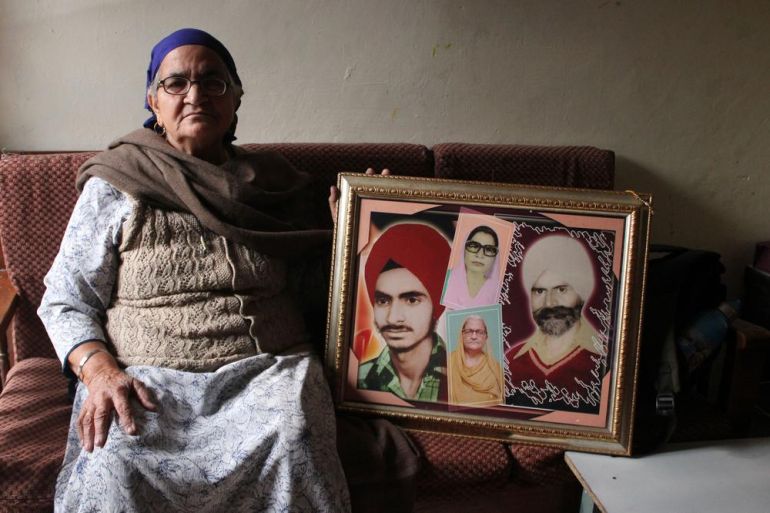
Tilak Vihar in New Delhi is a neighbourhood no different from other middle-class localities of the Indian capital: narrow lanes, lined with small dilapidated houses on either side, that slice through the colony with children scampering about in joyful abandonment, unmindful of the garbage piles on some street corners.
But beneath the veneer of normalcy lie hidden collective scars of a carnage that bled parts of the nation about 30 years ago.
It is here in Tilak Vihar that the government provided shelter to thousands of families affected by the anti-Sikh riots of 1984 that followed the assassination of the then-Prime Minister Indira Gandhi.
Today, Tilak Vihar is known to much of the outside world and the media as the “Widow Colony”.
And every now and then – be it an anniversary or a new controversy over the riots – the spotlight returns to the colony where women widowed in the violence are silently rebuilding their shattered lives.
The last one week was one such when the ‘Widow Colony” returned to the mainstream of national discourse. Rahul Gandhi, Congress’ chief campaigner and grand-son of Indira Gandhi, refused to apologise for the riots that took place under the watch of his late father, Rajiv Gandhi. Rajiv had been chosen the prime minister following Indira Gandhi’s killing by two Sikh bodyguards.
Angry demonstrations by members of the Sikh community followed and widows of Tilak Vihar found themselves once again in the news.
Rahul Gandhi’s refusal once again reignited a debate over the reasons behind the riots and who was to blame. For long since, the Congress has battled accusations that some of its leaders orchestrated the violence. The opposition Bharatiya Janata Party is also using it to deflect criticism over its own perceived role in the 2002 anti-Muslim riots in Gujarat.
Three decades later, many of the widows are still seeking closure. Some of them stepped out of their relative obscurity to share their hopes, despair and desire with Al Jazeera.


